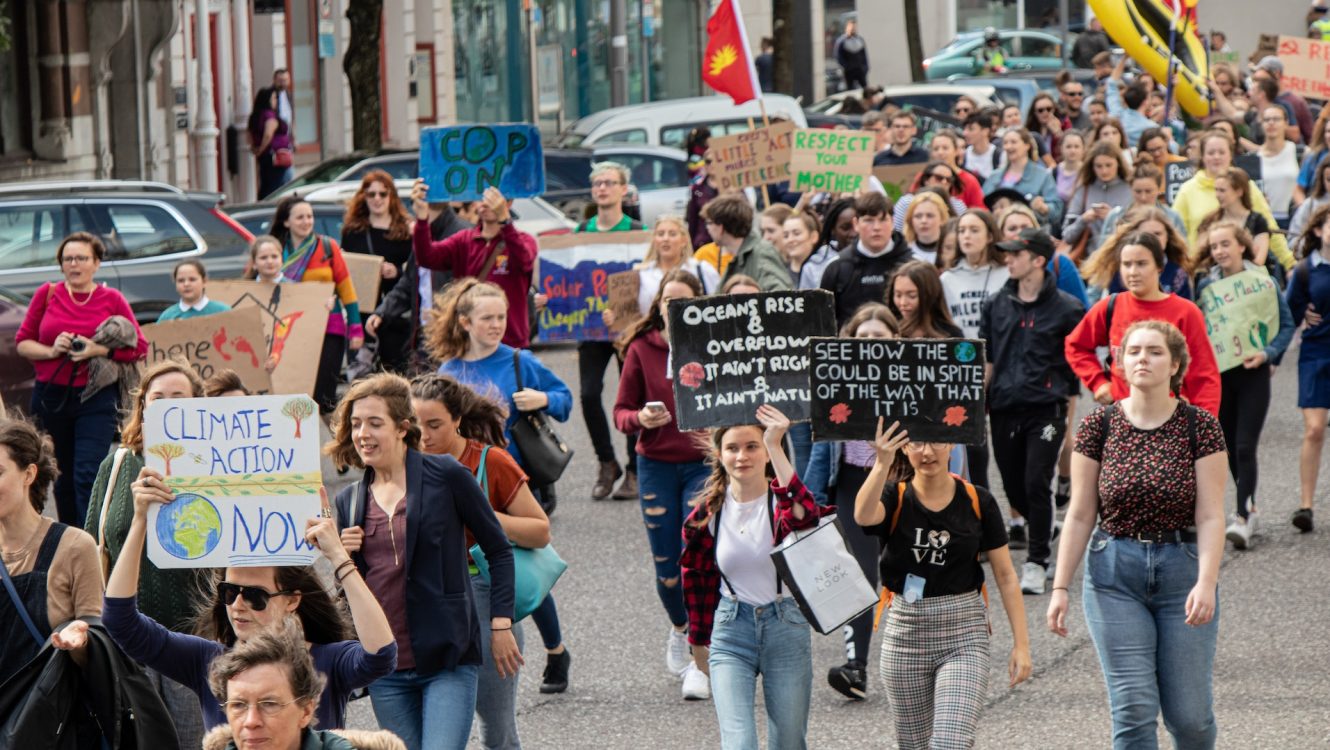The ULEZ Controversy: ‘Blade Runners’ Rally Against London’s Air Quality Measures
LONDON — As the world shifts gears to address climate change and air pollution, London finds itself at the center of a political storm over its Ultra-Low Emission Zone (ULEZ). The recently expanded scheme, which covers the entirety of the bustling city, has stirred controversy and birthed a movement of protestors who label themselves ‘Blade Runners.’
The Dawn of ULEZ and Its Expansion
Launched in April 2019, ULEZ was initially restricted to inner London, designed to reduce vehicular emissions by imposing a fee on certain vehicles. But as of this August, its reach has grown to encompass the Greater London area, affecting nearly nine million residents.
Drivers of petrol cars from pre-2006 and diesel vehicles from before 2015 now incur a daily fee of £12.50 (approximately €14.80) for driving within the zone. Despite the outcry, Transport for London (TfL) assures that 90% of vehicles on the road comply with the regulations and has provisions in place to aid those unable to upgrade to compliant vehicles.
Meet the ‘Blade Runners’
Yet, opposition to ULEZ is fierce and escalating. Among peaceful protestors, a faction has emerged that takes direct action against the initiative. Dubbing themselves ‘Blade Runners’, inspired by the classic dystopian film, these individuals, spanning various age groups, have been vandalizing and stealing ULEZ cameras.
Ben MacMillan, a pseudonym for one of the saboteurs, shed light on the demographics of this group. “It’s mostly people in their 40s and pensioners,” he revealed. Contrary to popular belief, the ‘Blade Runners’ aren’t youthful activists but everyday citizens, including senior individuals wielding garden shears.
The Numbers Game
By September’s start, about a quarter of ULEZ cameras had been compromised, highlighting the vast extent of the resistance. Mayor Sadiq Khan responded by deploying enforcement vehicles, but they too faced retaliation, with many getting their tires slashed.
Yet, data from the Mayor’s Office in February 2023 paints a favorable picture of ULEZ. Inner London’s pollution levels are purportedly 21% lower than they would have been without the scheme. Since its 2021 expansion, 60% fewer polluting vehicles traverse the zone daily.
Furthermore, a YouGov poll before the city-wide rollout reflected a close divide: 47% of Londoners supported the expansion, 42% opposed, and 11% remained undecided.

Clashing Views
While ULEZ has its proponents who argue for improved air quality and reduced pollution-related deaths, detractors see it differently. Lois Perry, director of CAR26, perceives ULEZ as an infringement on personal freedoms. “It’s clearly a revenue grab and not even about clean air,” Perry asserted, arguing that it penalizes those with older vehicles and thus can be regressive.
Political ramifications are evident. After the Labour Party narrowly lost a by-election in Uxbridge and South Ruislip, a region now under ULEZ, leader Keir Starmer pointed fingers at the scheme for the loss. Conservative Prime Minister Rishi Sunak, along with his government, have been vocal critics of the ULEZ expansion, causing unease among environmentalists ahead of the forthcoming general election.
The Road Ahead
Mayor Khan remains resolute amidst the political whirlwind and public dissent. He fervently believes in the ULEZ initiative, stating that its “proven track record” would ensure that millions more Londoners can experience cleaner air.
But as London grapples with balancing environmental imperatives with perceived restrictions on personal freedoms, the Blade Runners’ revolt symbolizes a broader global challenge: the quest to harmonize essential ecological reforms with the diverse concerns and beliefs of the populace.
©globalgreenhouse.eu


